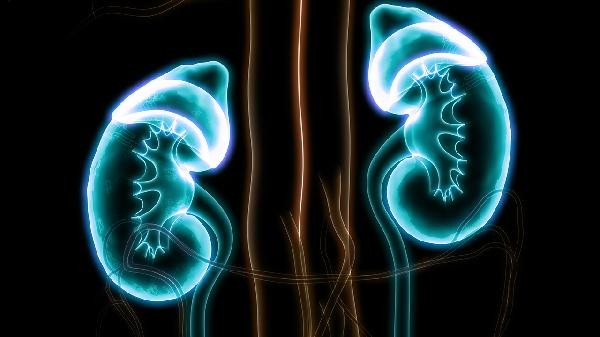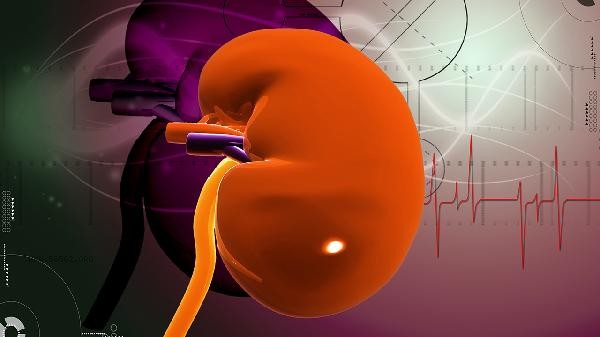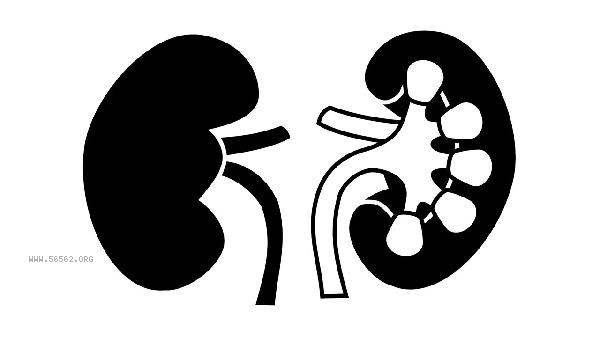Elevated levels of urea nitrogen and creatinine usually indicate abnormal kidney function, which may be caused by dehydration, high protein diet, urinary tract obstruction, chronic kidney disease, acute kidney injury, and other reasons. Urea nitrogen and creatinine are key indicators for evaluating renal filtration function, and their simultaneous elevation requires comprehensive judgment in conjunction with other examinations.

1. Dehydration: Insufficient water in the body can lead to blood concentration, reduced renal blood flow, and obstruction of urea nitrogen and creatinine excretion. Failure to replenish water in a timely manner after intense exercise, as well as fluid loss caused by diarrhea and vomiting, can all lead to transient elevation of indicators. After supplementing electrolyte solution and increasing water intake, many indicators can be restored to normal.
2. High protein diet:
In the short term, consuming a large amount of protein rich foods such as meat, eggs, and milk can increase the load of urea nitrogen production. Creatinine, as a muscle metabolite, is also commonly physiologically elevated in athletes or fitness populations. Re examination after adjusting dietary structure usually does not require special treatment.
3. Urinary tract obstruction:
Diseases such as kidney stones and prostate hyperplasia may block the urinary tract, causing metabolic waste to be unable to be discharged normally. This type of situation is often accompanied by symptoms such as difficulty urinating and cramping in the waist and abdomen. After the obstruction is relieved, renal function can often be restored, and in severe cases, ureteral stent placement surgery is required.

4. Chronic kidney disease:
Chronic diseases such as diabetes nephropathy and hypertensive kidney damage will gradually destroy the nephron, which is manifested by the continuous increase of urea nitrogen creatinine. Patients may experience accompanying symptoms such as increased nocturia, anemia, and edema. It is necessary to delay the progression of the disease by controlling blood sugar and blood pressure, taking drugs such as Shenshuaining Ning, etc.
5. Acute kidney injury:
Drug nephrotoxicity, severe infection, or shock may lead to a sharp decrease in glomerular filtration rate. This condition is often accompanied by decreased urine output and electrolyte imbalance, requiring immediate hospitalization for hemodialysis treatment. Common nephrotoxic drugs include gentamicin, contrast agents, etc. When abnormal levels of urea, nitrogen, and creatinine are detected, it is recommended to complete urine routine, renal ultrasound, and other examinations. Daily protein intake should be limited to 0.6-0.8 grams per kilogram of body weight, with priority given to high-quality proteins such as fish and egg whites. Maintain a daily water intake of 1500-2000 milliliters and avoid excessive sweating after vigorous exercise. Hypertension patients should control their blood pressure below 130/80mmHg, and diabetes patients should have their glycosylated hemoglobin below 7%. Regularly monitor changes in renal function indicators and seek medical attention from a specialist in nephrology if necessary.










Comments (0)
Leave a Comment
No comments yet
Be the first to share your thoughts!